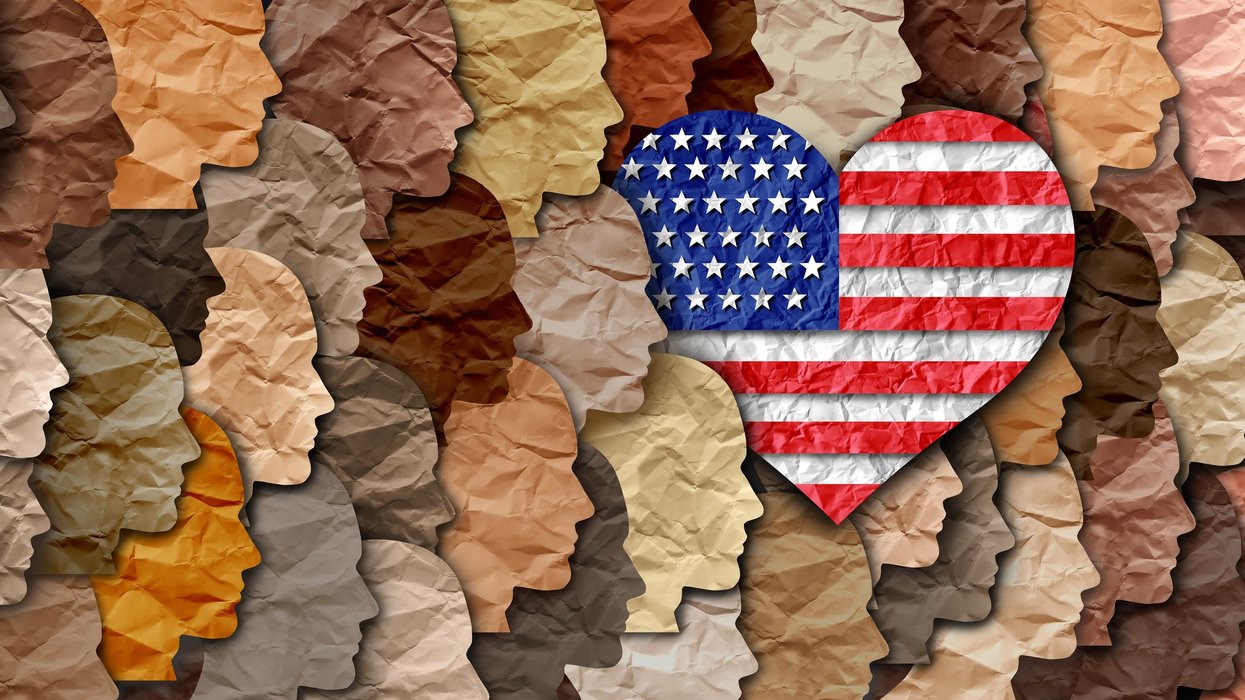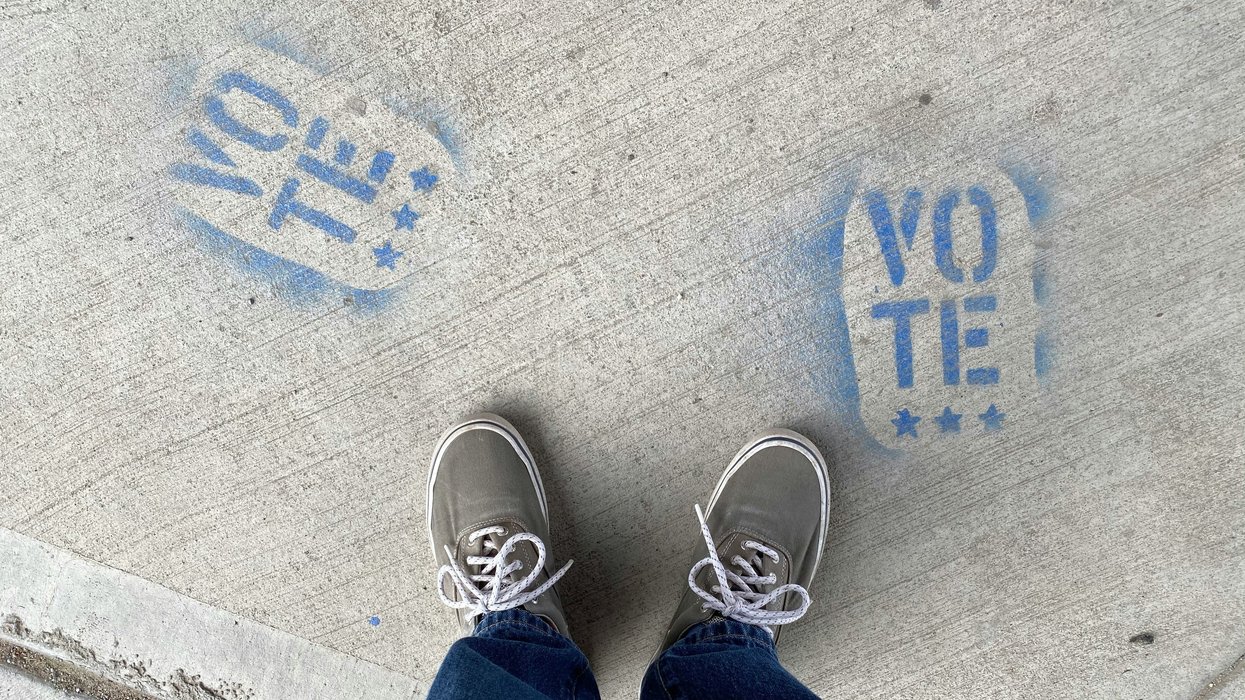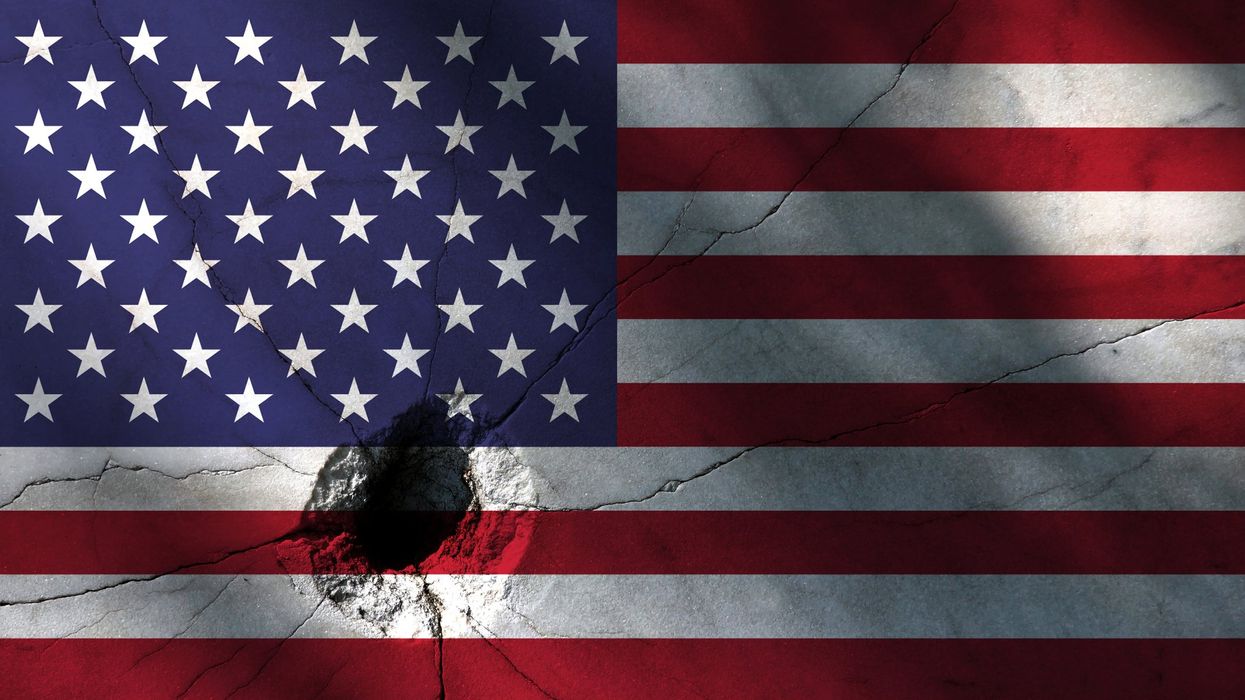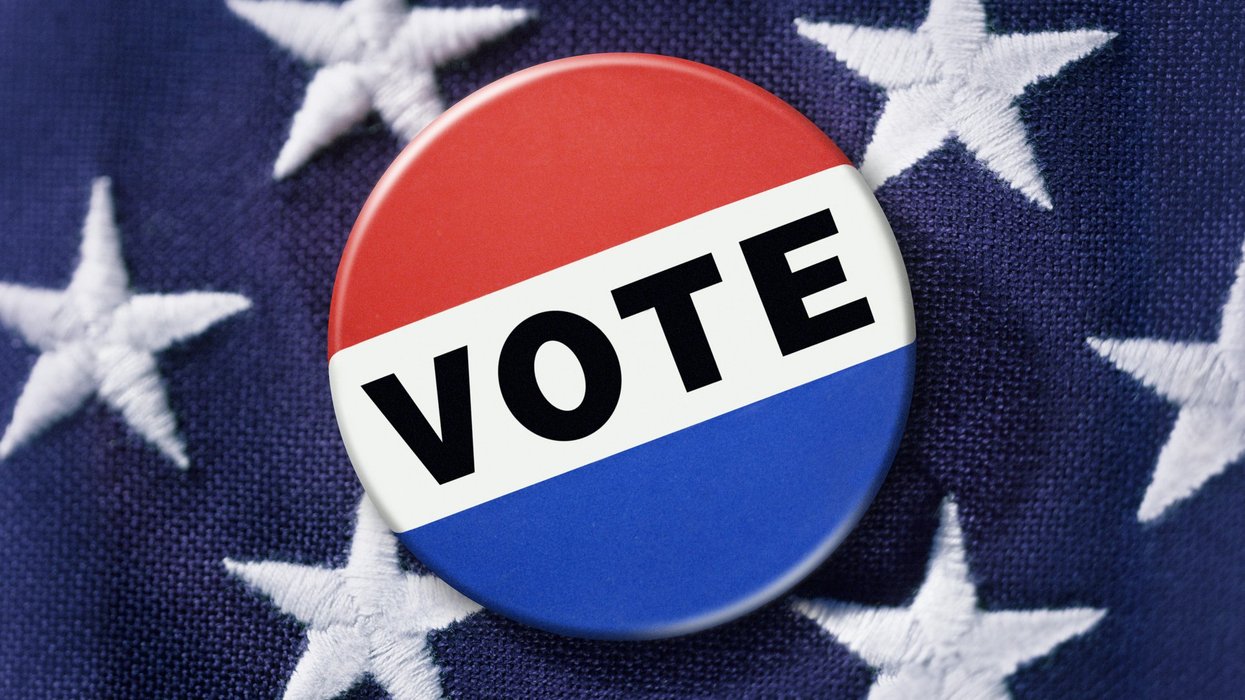In a development sure to worry election security experts, the conservation district for the Seattle area is conducting this year's election on the internet.
It is the ninth election in the fifth state to use mobile voting, but the first time that method has been for everyone who casts a ballot, Tusk Philanthropies said Wednesday in announcing an agreement with officials in Washington's King County to help promote the voting. Previous uses of mobile systems have been confined to overseas, military or disabled people in the electorate.
Since Russians attempted to hack into voting systems during the 2016 presidential election, security experts have uniformly criticized any system with an online component. The most secure method for voting, they agree, involves paper ballots that no one but the voter can mark, and can then be readily recounted or used in an audit to assure the accuracy of returns.
Nonetheless, businessman Bradley Tusk — who created his philanthropy to promote, among other causes, the use of mobile voting — hailed the use of smartphones and laptops by as many as 1.2 million voters "the biggest innovation in democracy in years."
The election is for supervisors of the King Conservation District, a non-regulatory agency that promotes responsible uses of the natural resources in the state's biggest county. The voting began Wednesday and continues through Feb. 11.
Sign up for The Fulcrum newsletter
Voters will log into a portal using their name and date of birth to get access to the ballot. They will then electronically return their ballot, although they will have an option to print it out and drop it off or mail it in.
Proponents say that election officials are able to print out the ballots and use them to audit the election but security experts say that the fact that the ballots are filled out and sent using devices connected to the Internet undermines the value of the auditing process.
Bryan Finney, of Democracy Live, the company providing the electronic platform for the King County vote, said this type of voting provides opportunities for people with disabilities and those living in remote areas. It also has been used for overseas military voting.
Julie Wise, King County's director of elections, said the mobile balloting will make it "easier than ever for voters to access their Conservation District ballot and cast their vote." Her statement added: "We are always looking for ways to improve access and engage our voters."





















